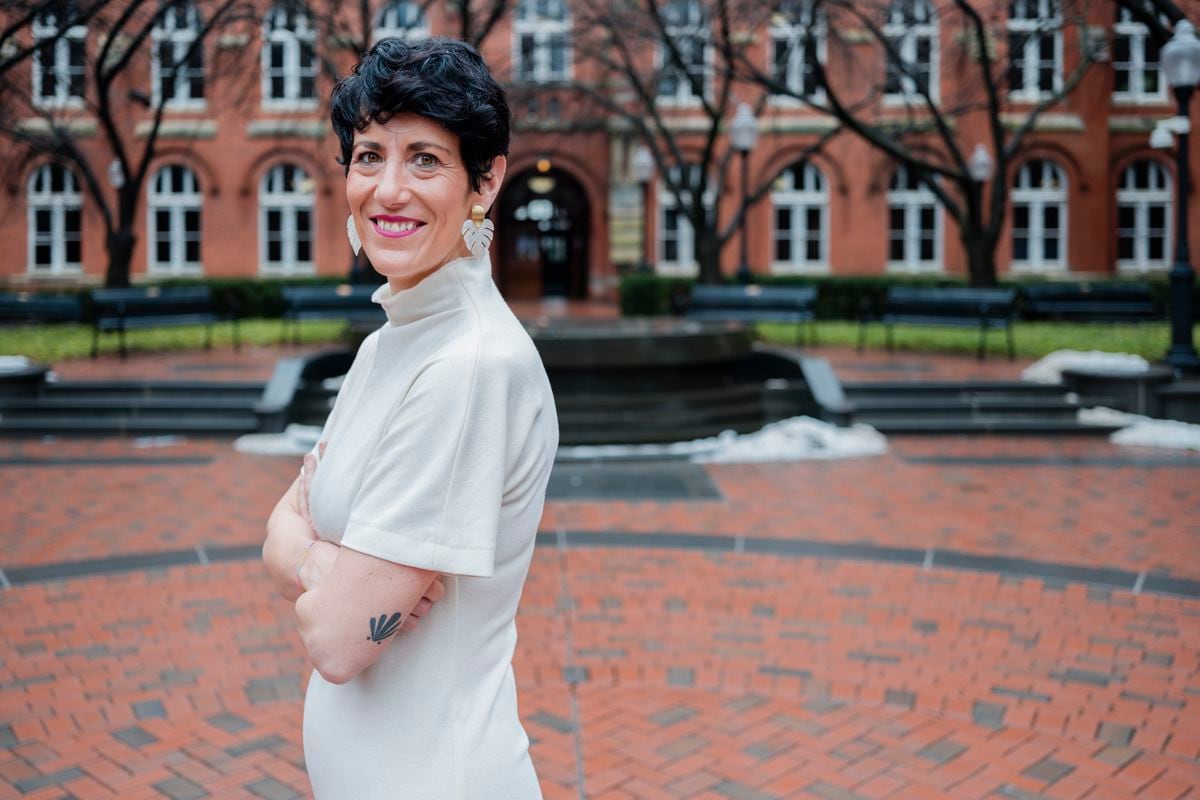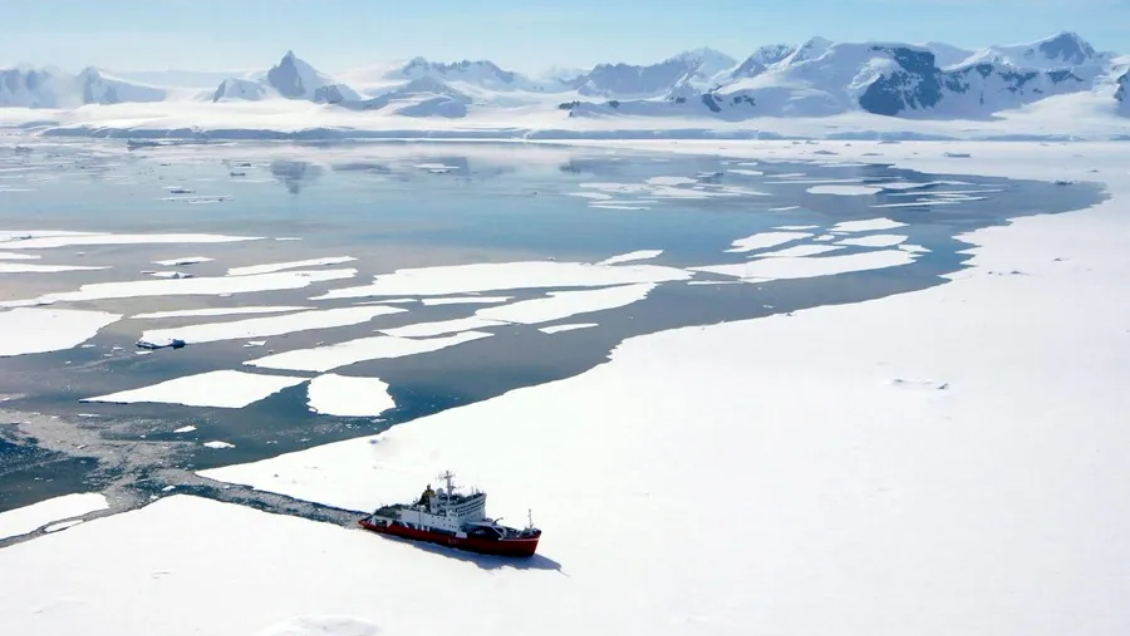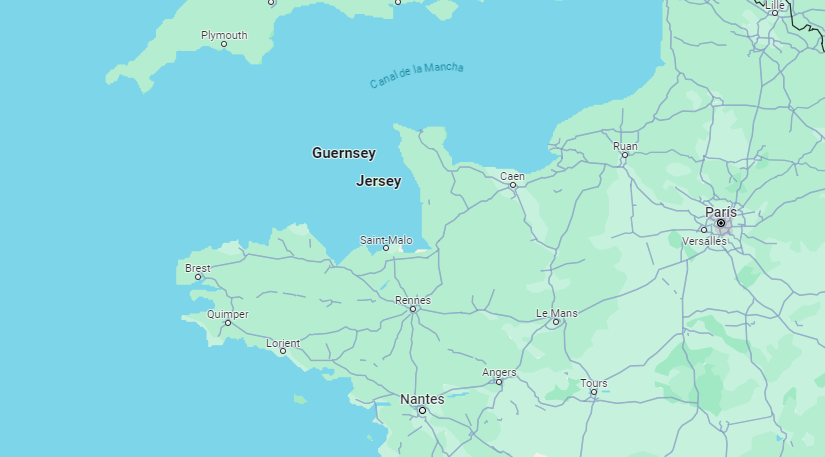Elma Saez (Pamplona, December 2, 1975) chose the United States for her first international trip in her position as Minister of Inclusion, Social Security and Immigration. He met, among others, with the Minister of National Security, Alejandro Mayorkas, in charge of the immigration file, and finalized a commitment under which Spain pledges to receive up to 500 migrants who have requested asylum with work. Commitment is the result of…
Subscribe to continue reading
Read without limits
Elma Saez (Pamplona, December 2, 1975) chose the United States for her first international trip in her position as Minister of Inclusion, Social Security and Immigration. He met, among others, with the Minister of National Security, Alejandro Mayorkas, in charge of the immigration file, and finalized a commitment under which Spain pledges to receive up to 500 migrants who have requested asylum with work. This commitment comes as a result of a tripartite agreement with the United States and Canada that began to take shape at the Summit of the Americas in June 2022.
In the interview, the minister stressed that the United States appreciates Spain's migration management and that it asked it to try to persuade other countries to apply similar formulas. The trip also made it possible to verify that the new social security agreement between the two countries is ready for signing. Elma Saez confirms that the necessary measures are being taken to combat overcrowding in the asylum room at Barajas Airport, and that in cases of referral of migrant minors from the Canary Islands, the Public Prosecutor's Office is notified as soon as such a case is discovered.
I ask. This was her first international trip as minister. What results did it give?
Answer. We've had a very intense agenda, not only with the Biden administration, but also with different organizations. I would like to highlight as a summary of this trip that the United States looks to Spain on immigration matters. This has been consistent at various meetings, where our governance of migration in substance and form, addressing this challenge, and putting human rights at the center have been highlighted through positive experiences and active listening by state governments. I've sometimes said that Europe looks to Spain, but on this trip we realized that the United States also looks to Spain. The immigration challenge is on the political agenda in the United States, of course, as the critical months ahead for this country approach. In Spain, we approach migration policies through effective governance, putting human rights at the center and treating this challenge as a matter of opportunity.
s. Is there a specific example you highlighted?
R. One very valuable practice that was also the subject of these meetings are the Safe Mobility Offices, with equally important pilot projects being developed by a company also linked to European funding, with a recovery plan, and in a depopulated area, since 2018. The Challenge Population migration is also very important for our country. This combination of linking employment to immigration challenges and interest and integration of these citizens is a much appreciated pilot project. In this case, it affects nearly a hundred workers in the renewable energy sector, which is the best way to integrate. And when I say that the United States looks to Spain, it gives this channel, this open road, as an example and tells us that we must evaluate it and share it with other neighboring countries so that they can also develop these practices.
What affects the most is what happens closest. So you don't miss anything, subscribe.
Participate
s. This pilot project was born from an agreement with the United States and Canada. What commitments has Spain reached to expand?
R. This tripartite agreement emerges from the leadership of President Sánchez on this matter, with an agreement signed in May 2023. In fact, there is a strong commitment to continue this path started, and even increase it, with the aim of Spain receiving around 500 people with this agreement with the United States and Canada. . We talked about almost a hundred Nicaraguans in Valladolid, in a company dedicated to photovoltaics, renewable energy, and the commitment is to increase up to 500 people, I say, with something as important as employability: not just vulnerability but employability.
s. They are people who have not yet arrived in the United States. What countries will they come from?
R. In the case of Valladolid, they are people from Nicaragua. For the next phases, we will work with organizations such as the United Nations High Commissioner for Refugees, as they relate to refugees and will depend on many factors. So far this affects a relatively small number of nationalities. But the problems in Latin America are multiplying. In our country we have different methods, such as circular migration, where there is already work with countries like Colombia or traditionally with Morocco in the field of agriculture. We have agreements with the Dominican Republic, Guatemala, Honduras and Ecuador, and we have a dual European and Latin American spirit in different forms. We will also work alongside social dialogue, with business organizations and trade unions in our country, so that immigration and integration policies are dealt with alongside social agents.
s. What ideas has the US government given you regarding this expansion of the program?
R. They were very productive conversations. A central point was zero tolerance for any xenophobic speech and hate messages. These issues in Spain are already well-established, for example, through an observatory that monitors any hint of hatred and xenophobia on the networks. We cannot allow immigration to be linked to negative aspects, and I believe this matter was consistent in our meetings.
s. Do you think this good harmony can be maintained with a Donald Trump presidency?
R. We had the relationship and the tripartite agreement with the Biden administration. It was a fruitful relationship and important practices and messages were exchanged. We hope that this good harmony will be maintained. But it is clear that there are issues that concern the citizens of this country, as they should. But I want to highlight the good relationship that existed with the Biden administration.
s. Spain has not yet updated the agreement with the United States on social security. Have they addressed this issue?
R. Yes, after eight years of work, we learned yesterday that the signing of the new agreement by the United States will be ready, because the current agreement dates back to 1986. I believe that when we return to Spain, it will be possible to realize that it is an agreement that improves the rights among workers in Both countries regarding pension calculation, regulatory base and negative classes. It seeks to expand this liquidity among the citizens of both countries. This is very good news, the result of nearly eight years of effort and bilateral work between the teams, and it has been well received here at Georgetown and with the Hispanic communities.
s. Did you have a sense of urgency on the part of the US government to reach agreements on immigration issues?
R. The migration challenge is at the heart of politics in this country and is clearly facing an electoral process in the coming months. There are very important months ahead for this country and its citizens.
s. The situation at Barajas Airport kept asylum seekers in overcrowded conditions for weeks, to the point that the Red Cross, a subcontractor to his ministry, left because it could not work in the conditions. What is your ministry doing to remedy this?
R. Managing migration flows is very difficult and subject to constant changes to which we must respond, including very rapid responses on a daily basis and always under the umbrella of regulations. In this regard, all efforts are being made, including inter-ministerial cooperation. We have already learned how the Ministry of Interior is dealing with this situation. New spaces are now being activated and I know that all resources are being put into resolving this situation. I would also like to highlight this recently formed inter-ministerial committee, where these challenges are being addressed in a coordinated and joint manner. It is not only a ministerial matter, there are also different organizations working within this regulatory framework. Among them are the social entities that provide psychosocial care in those times, a service that continues to be provided without interruption, although at some point it was not possible to provide it in Barajas because, for reasons beyond their control, the conditions in the asylum room were not met.
s. Speaking of the regulatory framework, they have announced changes to immigration regulations. What specifically do they want to change, other than simplifying procedures?
R. It is a firm commitment that this adjustment will be made in the next six months with the common goal of simplifying, improving and providing a better service. The fact that procedures are being expedited is very important in itself, but we want to listen and work together with all agents involved and respond to the demands.
s. Migrant referrals to the Canary Islands revealed that among the adults there were hundreds of potential minors who had not been properly identified on the islands. What went wrong? What measures has your ministry taken to protect them and so that they are identified and referred accordingly?
R. All minors referred by the Ministry were previously identified as adults, but if such a case is later discovered, the Public Prosecutor's Office is immediately informed. Managing the immigration situation has required Spain to be very prepared and I believe we must evaluate how this issue has been addressed and confronted over the past four years with significant accommodations. We operate around 60% of the centers in the Canary Islands, where there is a significant response. There is no tension in the system.





:quality(85)/cloudfront-us-east-1.images.arcpublishing.com/infobae/CKF6VKPGJ5FZZJMCK3HSCZJDYI.png)